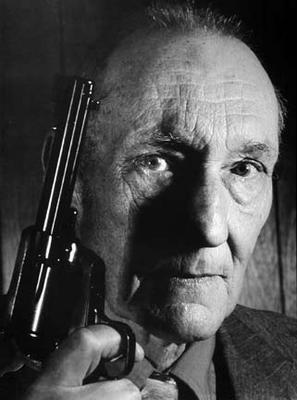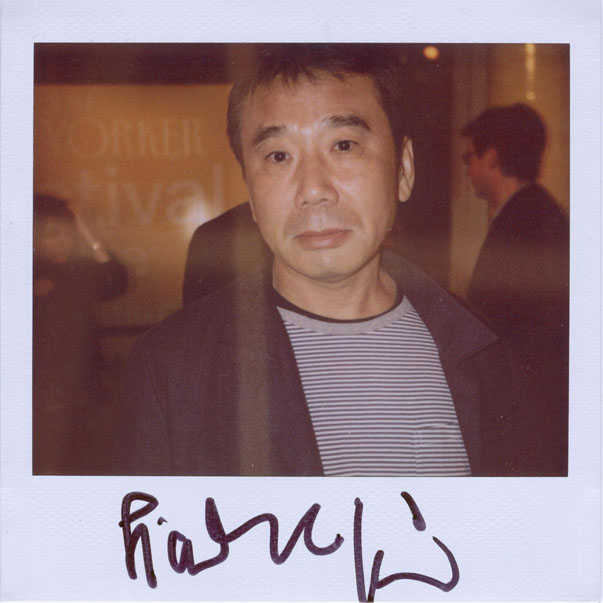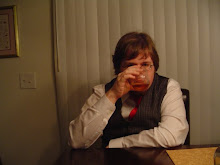
The album that I just can’t get out of my head as a comparison is Echo & The Bunnymen’s masterpiece Ocean Rain, in which another similarly discordant and theatrical band seemed not so much to settle down as to focus. There’s the same kind of simmering intensity between the two albums—while Krug refrains from showing off his grasp of words here as much as is normally his wont, lines like “tell the new kids where I hid the wine / tell their fathers that I’m on their way” have a power and complexity that resonates—and the fact that Dragonslayer is an album draped in shimmery guitars, watery pianos, and creaking sighs doesn’t hurt the comparison. The most similar strain between the two, however, seems to be their ambition: like McCulloch before him (and unlike McCulloch’s happy-to-stagnate rival Bono—after reading one recent column in The Guardian I’ve been dying to take sides in that music-fan feud), Krug seems here to be reaching, not necessarily for new heights—the direction this album takes him is backwards from the bigger-louder-grander design of RSL—but towards new expanses, if not towards creating something bigger then to something deeper.
(Let me take a moment to say that, despite some similarities and a similar scheme, the Bunnymen aren’t the only comparison to draw. The usual culprits of Bowie and barrett pop up, the clatter and screech of “Black Swan” sounds more like Bauhaus than any modern goth band ever has, “Nightingale/December Song” has the rhythm and build of a Leonard Cohen song, and the quieter moments like the opening of “Dragon’s Lair” feel like snippets from Automatic For The People II: Moonman Boogaloo.)
The ambition doesn’t always pan out, of course, or there wouldn’t have been a need for Krug to release three albums this year. “Apollo and the Buffalo and Anna Anna Anna Oh!” is one of Krug’s stumbles—in addition to a title copped from the Sufjan Stevens School of Annoying and Impossible to Remember Song Titles (or Westward Ho! Young Man, said My Father), the lyrics don’t really hold together into a cohesive form. Several other songs have a similar failing, where they’re jam-packed with clever turns of phrase and powerful metaphors (“He would like to come home naked without whore-paint on his face / and appear before you virgin-white if virgins are still chaste”), it’s often hard to divine entirely what Krug is driving at. Dragonslayer never quite coalesces into the musical and thematic whole that the ragged and brash Shut Up or the intricate, operatic Random did—while “You Go On Ahead,” “Nightingale/December Song,” and “Silver Moons” are among the best songs that Krug has ever written, it’s hard to find the album itself as absorbing an experience as his previous two (well, previous two with this band; it holds up perfectly well next to Wolf Parade’s Apologies to the Queen Mary or Swan Lake’s Beast Moans). Still, though, Dragonslayer marks an exciting step towards maturity for Krug: like Lifted or The Rise and fall of Ziggy Stardust and the Spiders from Mars, it marks an artist on the verge of ascendance. Krug may still be sharpening his sword in this album, but it marks, hopefully, the first of several steps the prodigious young man may be taking towards the eventual Low or I’m Wide Awake, It’s Morning, and it’s certainly got me excited for the day when he finally slays that dragon.













